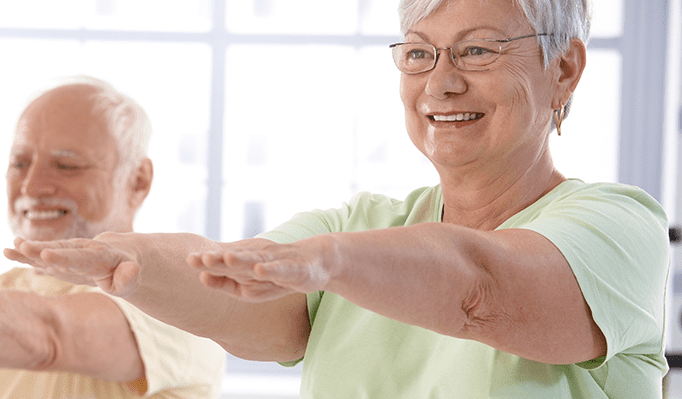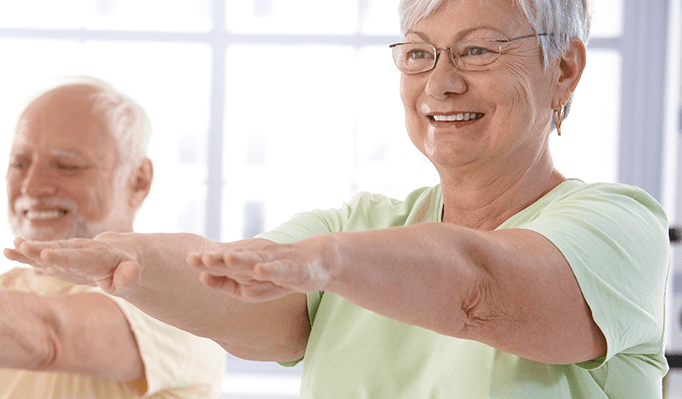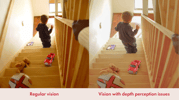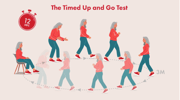

It may be strange to think of a link existing between an individual’s balance and their overall quality of life but it’s true! A good sense of balance is what prevents us from falling and helps us to move around quickly and easily. And it’s something that is easy to take for granted too. As balance declines, it can become a threat to independence – the fear of falling, for instance, may prevent someone from feeling fully confident when leaving their home, especially if they are alone.
In the UK today, occupational therapists (or, OTs if you’re in the business!) advocate a number of ways that can improve an individual’s sense of balance. Those experiencing difficulties, or worried about how their balance might be affected in the future, can use the below advice to assess if making a small change would help. It’s also really important to not be afraid to ask for support if you feel you need it!
The science – how does balance work?
The science of balance is quite complex. Firstly, the inner ear system does not work in isolation – but alongside the eyes, muscles and joints, which all together allow our bodies to control and maintain balance. This process takes place every time we move – whether it’s getting out of bed, going up the stairs or walking the dog. In a nutshell, balance reflects our body’s ability to process everything that is happening around us and then makes the necessary adjustments to allow us to retain our posture and stability.
Balance can be affected by factors such as injury, illness and the general ageing process. Not only does this make older people more susceptible to falls when going about their daily life, but it can also impact on how independent an older individual feels.
What can be done to improve balance?
Exercise and moving around become more important as we age, helping us to better manage everyday tasks and unexpected difficulties that may crop up. Balance can certainly be affected by medical conditions – but it can also be lost simply through inactivity. Like the phrase ‘use or lose it’ when it comes to languages, this also relates perfectly to how exercise can impact on balance in old age.
Improving balance and preventing falls can be aided through regular exercise – in fact, it is proven that the amount of physical activity an individual completes can improve postural stability. While this may sound daunting, these exercises can in fact be completed anytime and anywhere, and can easily be adopted into an individual’s daily routine. Examples of this type of exercise include heel-toe walking, as well as leg and toe raises. They are both effective in improving stability and do not require specialist equipment.
Loss of balance may be an inevitable part of the ageing process, but that’s not to say things can’t be done to tackle it. By making sure you get regular exercise, alongside other advice from your local GP or OT, improvements can be made in both balance and stability, which will in turn have a positive effect on both quality of life and independence.
We've worked with one of the UK's leading OT's, Kate Sheehan, to produce an exercise programme to help people of all fitness levels maintain balance and tone.
Stay up to date
Latest Blogs

Whole Home Comfort with Stannah and HSL

Dame Zandra Rhodes x Stannah: When accessibility meets style
Could more people benefit from home adaptation support for hidden disabilities?
50 years of Stannah Stairlifts – A milestone grounded in purpose

BBC’s Dr Punam Krishan reveals a little-known Parkinson’s symptom to watch for...

Are you at risk of falling? Dr. Punam Krishan’s simple 12-second test could tell you...

Snore Wars: Could sleeping separately be the secret to a better night’s rest?

Proud to carry the Made in Britain mark!
Stairlifts made for you
All our stairlifts whether straight or curved are customised to suit you and your home so call now to arrange a visit to get your FREE personalised quote!